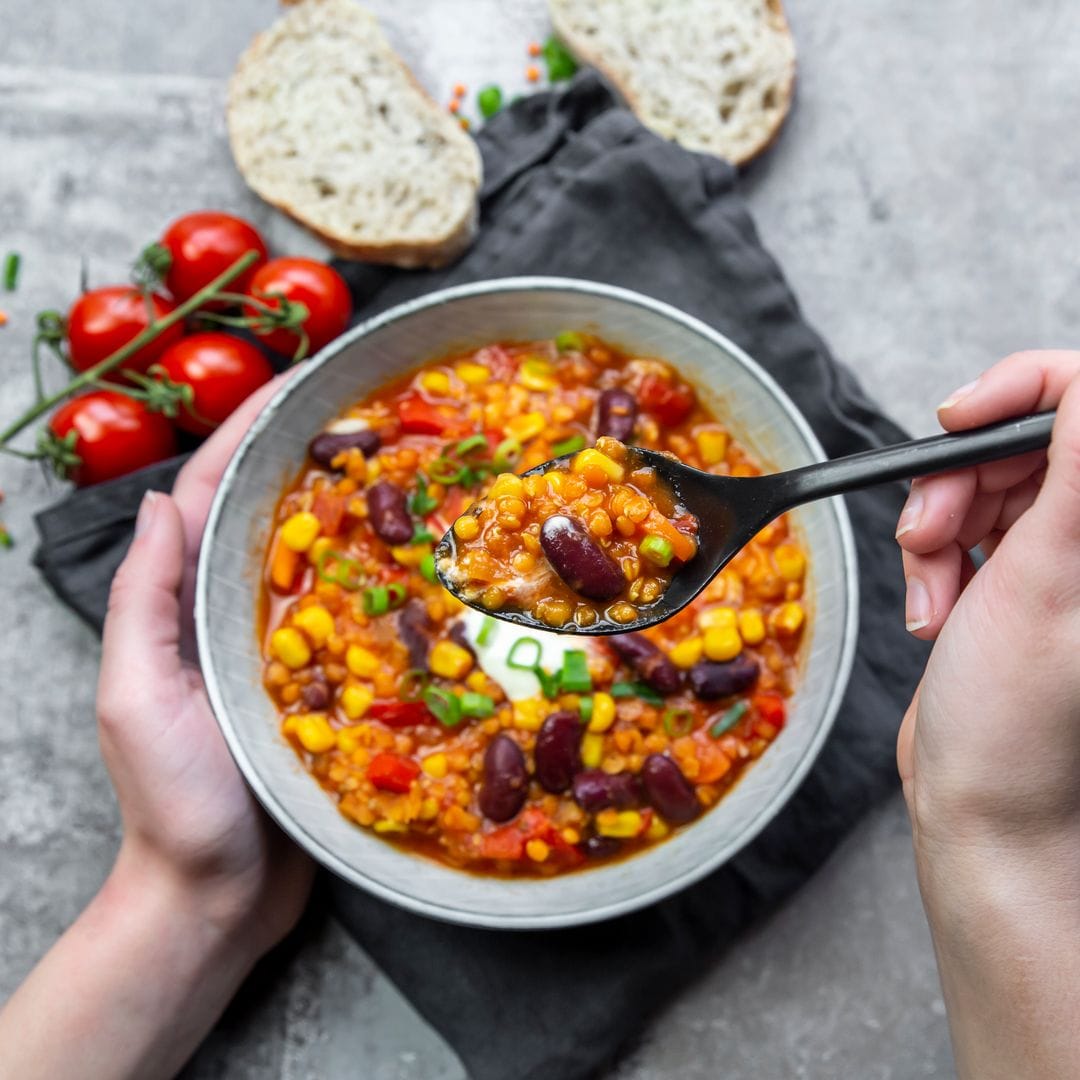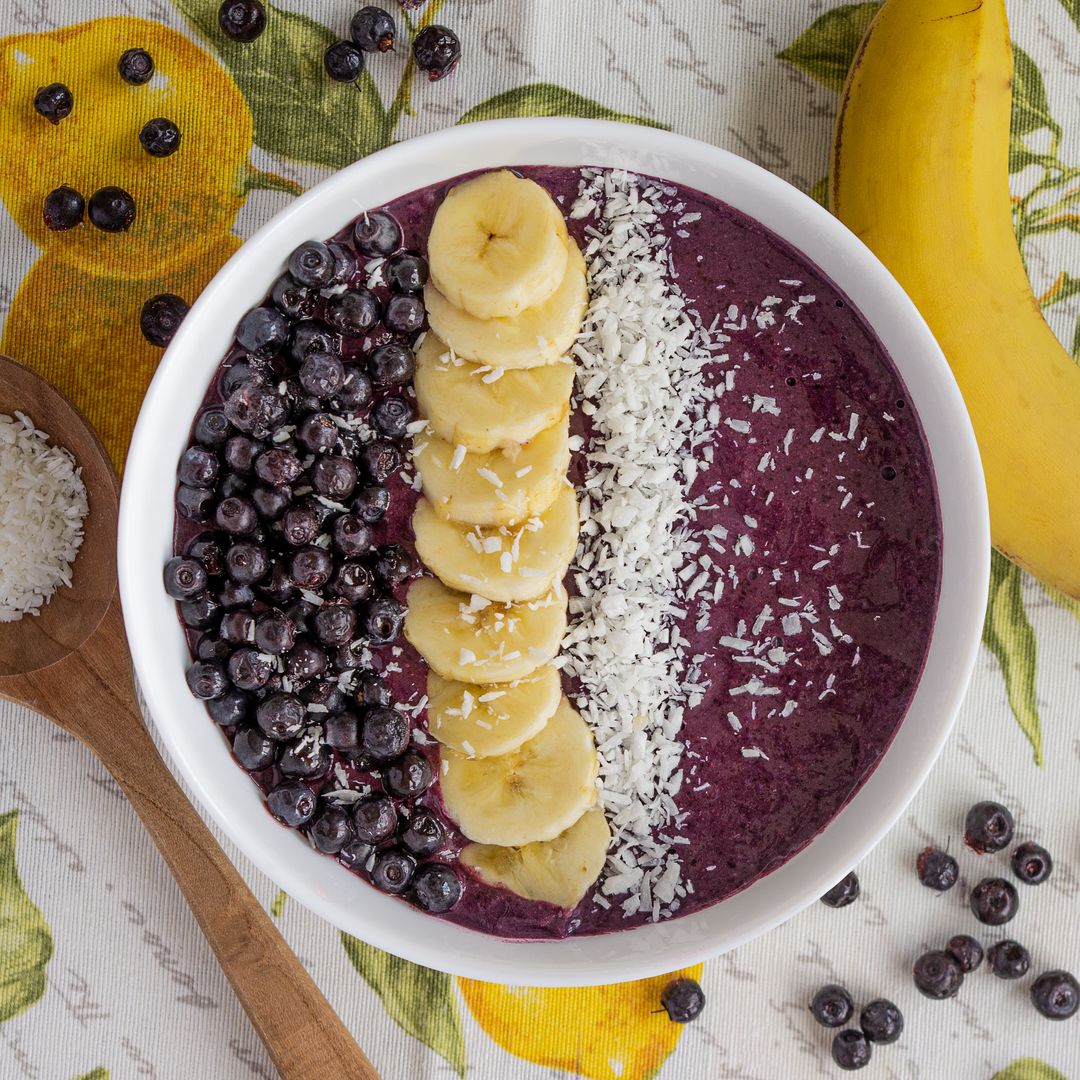Introducing solid foods to your baby is a significant step in their development, but it can also be a source of worry regarding safety and nutrition. Although many foods are safe and nutritious for infants, some pose a higher risk of choking, allergies, or foodborne illness.
As a parent, it’s essential to be aware of these risks and take steps to minimize them. Here’s a guide to some of the riskiest foods to give your baby and how to approach their introduction safely.
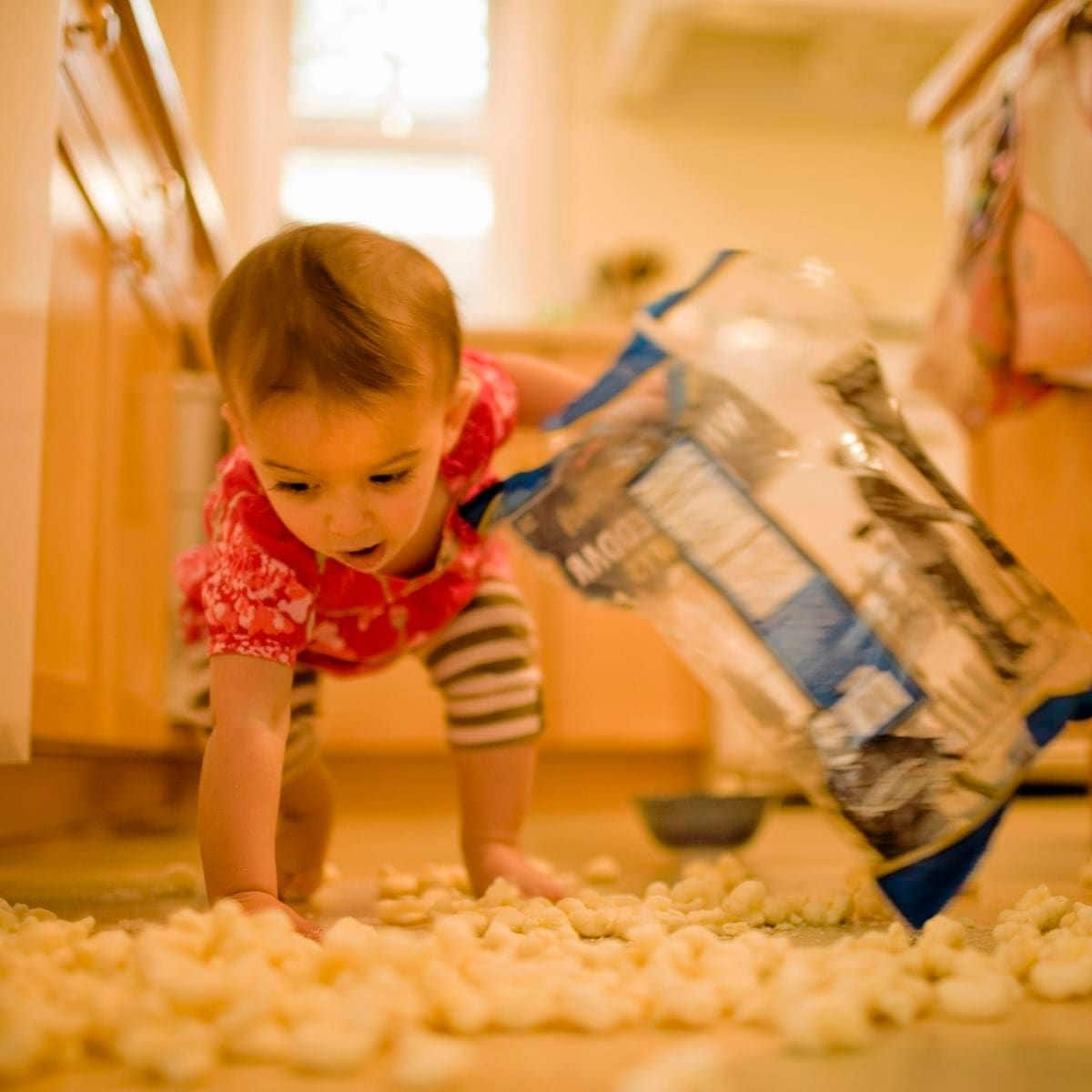 © GettyImages
© GettyImagesPopcorn
While popcorn is a favorite snack for many adults and children, it’s unsuitable for babies. The hard, small kernels can quickly get stuck in a baby’s throat, leading to choking. Additionally, popcorn can be difficult for babies to digest and may cause stomach upset. Avoid giving popcorn to babies until they are older and can chew more effectively.
 © GettyImages
© GettyImagesCow’s Milk
Cow’s milk is a poor choice for babies under one year old because it can be challenging to digest and lacks essential nutrients like iron and vitamin E. Additionally, cow’s milk can cause allergic reactions in some infants. Instead of cow’s milk, breast milk or formula is the best source of nutrition for babies during their first year. After age one, you can gradually introduce whole cow’s milk or fortified alternative milk.
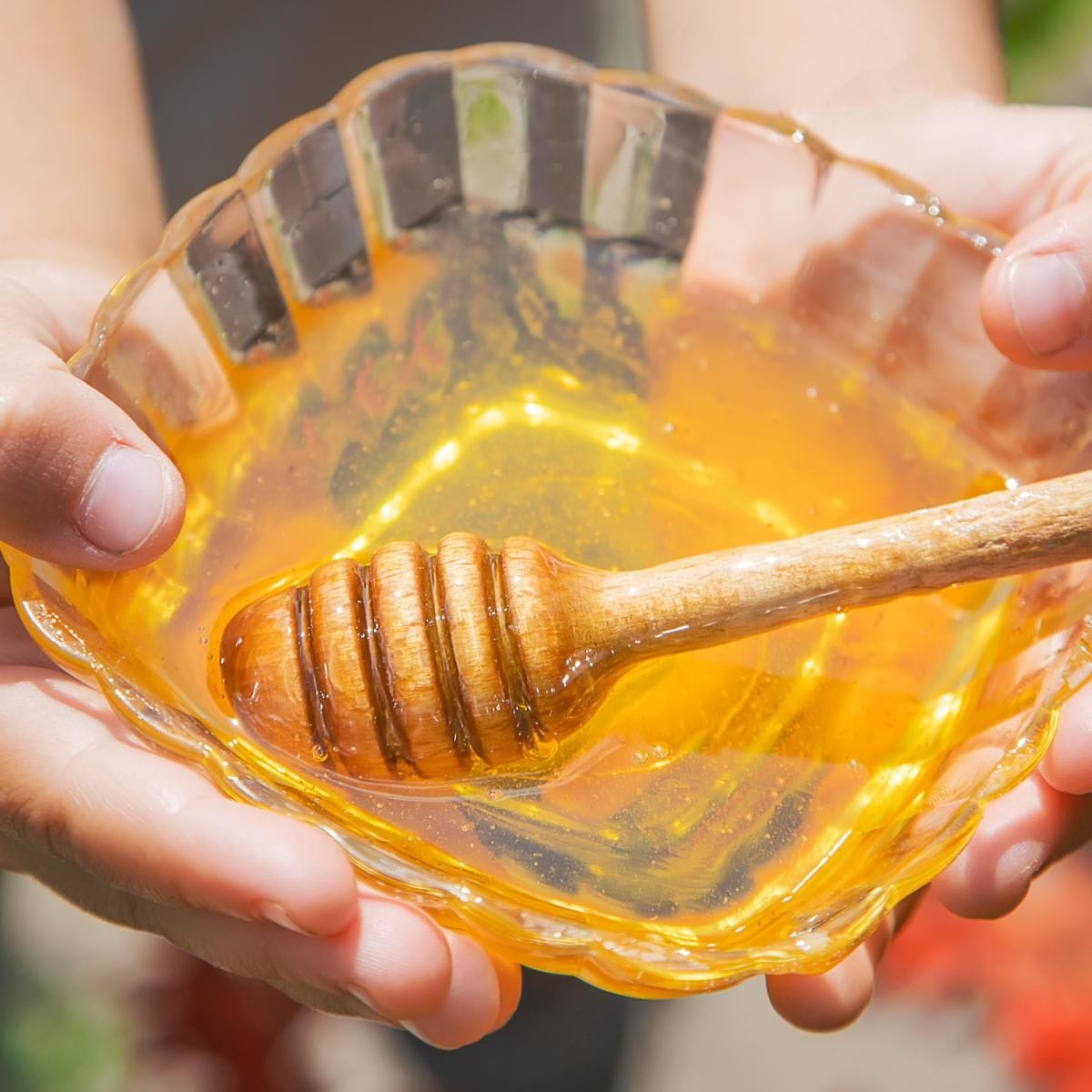 © GettyImages
© GettyImagesHoney
Honey is a common household ingredient many parents may not realize is unsafe for babies. Honey can contain Clostridium botulinum spores, a bacterium that can cause botulism in infants under one-year-old. Their immature digestive systems cannot effectively deal with these spores, leading to potentially serious illness. It’s best to avoid giving honey to babies until after their first birthday.
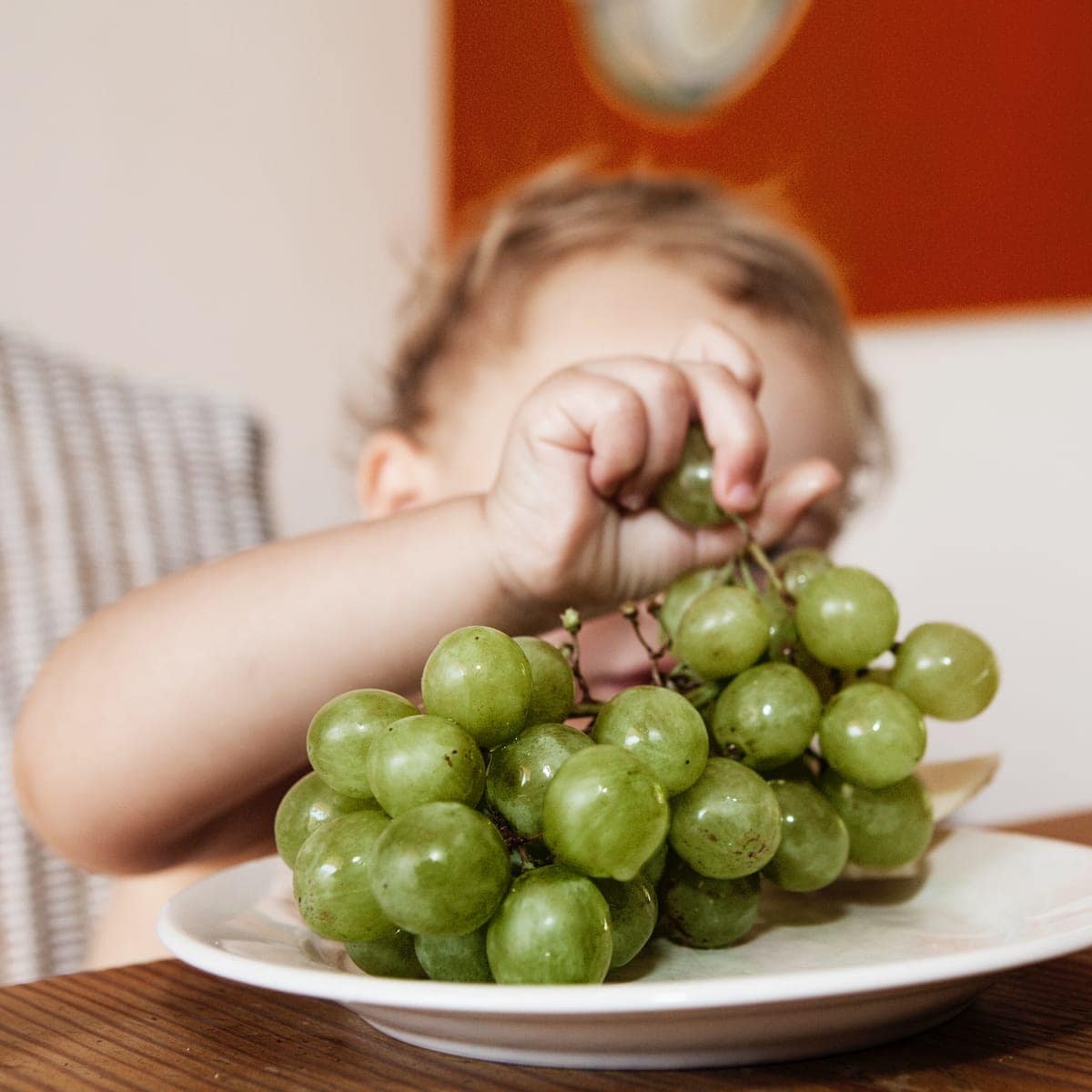 © GettyImages
© GettyImagesWhole Grapes and Cherry Tomatoes
These small, round foods are the perfect size to become lodged in a baby’s throat and pose a significant choking hazard. To make them safer, slice grapes into quarters and cherry tomatoes into halves or quarters before serving. This reduces the risk of choking while allowing your baby to enjoy these nutritious foods.
 © GettyImages
© GettyImagesHard nuts and seeds
Hard nuts and seeds, such as peanuts, almonds, and sunflower seeds, are choking hazards for babies, especially if they need to be finely ground or pureed. Additionally, nuts are a common allergen, so it’s best to wait until your baby is older before introducing them. Choose smooth nut butter without added sugar or salt when introducing nuts, and spread a thin layer on toast or crackers.
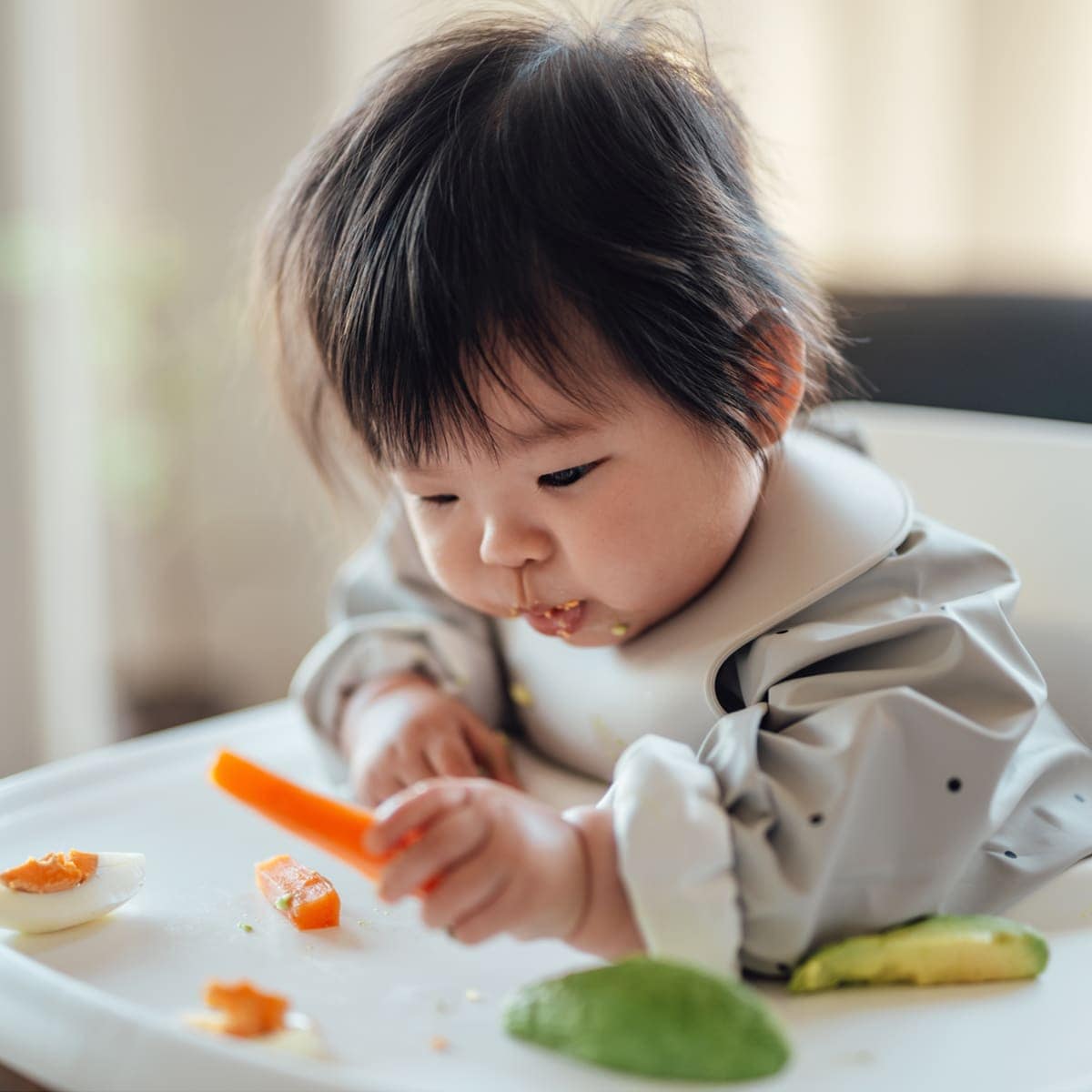 © GettyImages
© GettyImagesRaw Vegetables
Raw vegetables like carrots, celery, and bell peppers are crunchy and difficult for babies to chew, increasing the risk of choking. To make them safer, steam or cook vegetables until they are soft and easily mashed with a fork. You can also puree cooked vegetables to create smooth, baby-friendly textures.
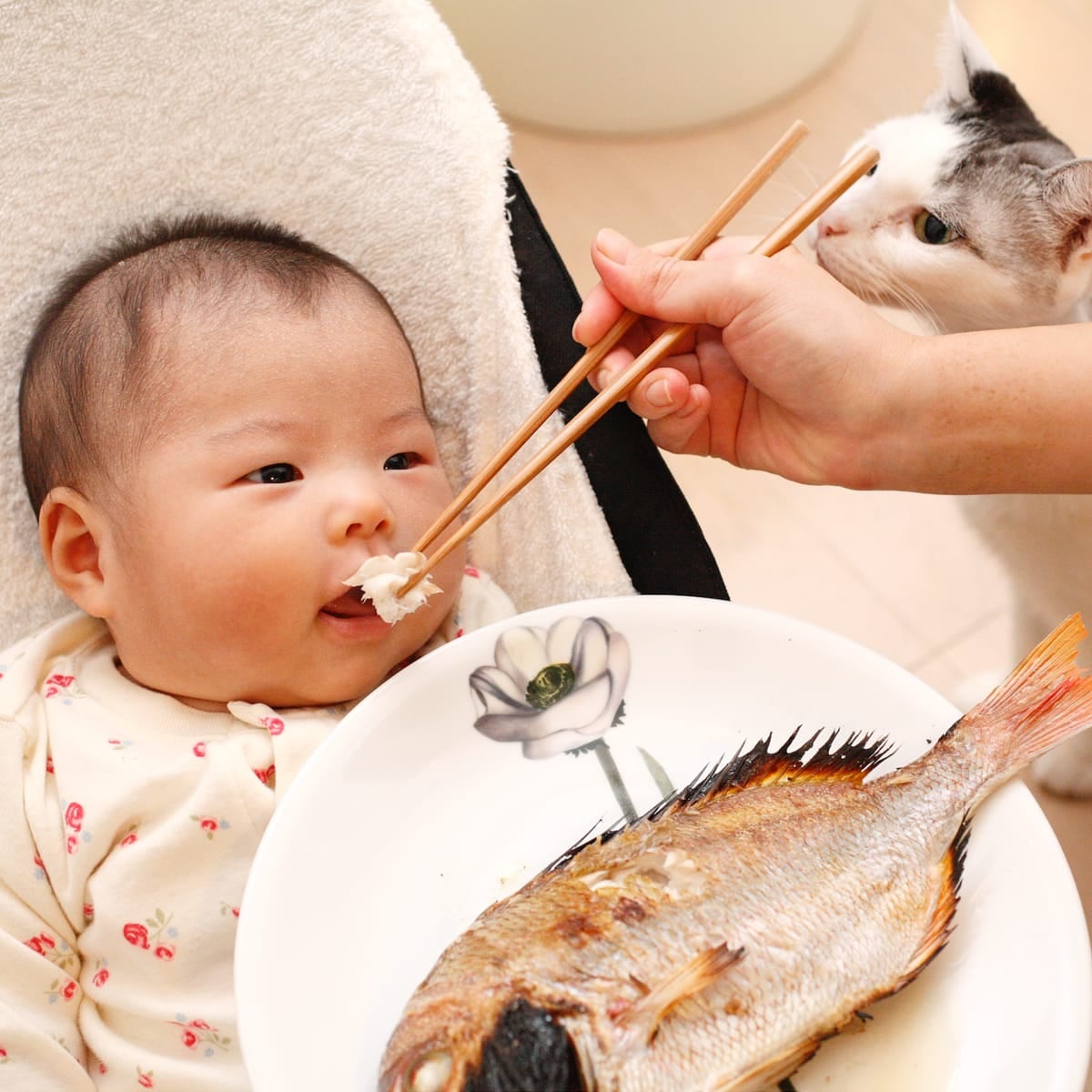 © GettyImages
© GettyImagesFish High in Mercury
Certain types of fish, such as sharks, swordfish, king mackerel, and tilefish, contain high levels of mercury, which can harm a baby’s developing nervous system. It’s best to avoid these fish entirely during pregnancy and infancy. Instead, choose fish low in mercury, such as salmon, trout, and cod, and serve them in small, age-appropriate portions. When introducing solid foods to your baby, it’s crucial to prioritize safety and nutrition.
Start by offering simple, single-ingredient foods and gradually introduce new ones while being vigilant for any signs of allergies or adverse reactions. Always keep a watchful eye on your baby during mealtimes, and be prepared to act quickly in case they start choking. By being aware of the risks associated with certain foods and taking appropriate precautions, you can ensure that your baby’s transition to solid foods is safe and enjoyable.
,type=downsize)


